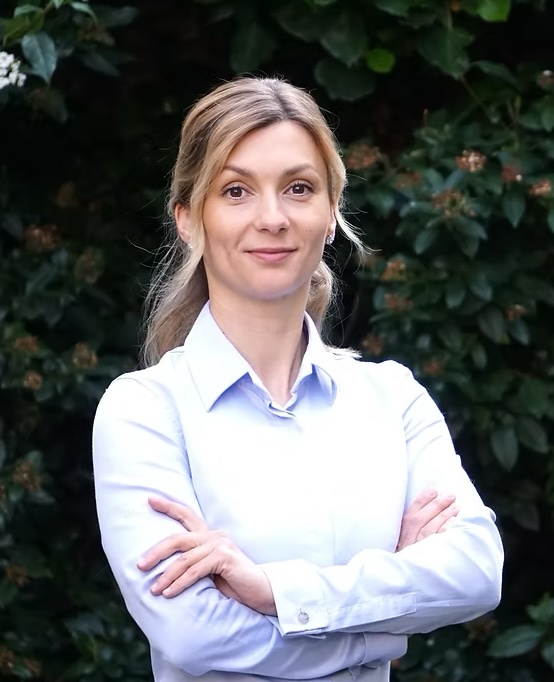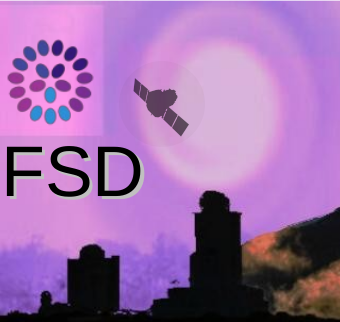Science cluster

Summary
The FSD project aims to enhance FAIR data archiving, curation and sharing, of solar data of the SOLARNET Virtual Observatory (SVO), other astrophysical databases, and the ESCAPE-ESAP science platform. It will do so by leveraging standards established by the SOLARNET project and the International Virtual Observatory Alliance (IVOA). This work will not only improve seamless access to existing data through Virtual-Observatory (VO) tools, but will also support the future operations of the European Solar Telescope (EST), Europe’s largest solar telescope.
Challenge
Open Science project, Open Science Service
The sheer volume and diversity of solar data, generated by a wide array of observational instruments and computational models, present significant challenges in terms of accessibility, interoperability, and reuse. Without adherence to widely accepted data standards, such as those of SOLARNET and IVOA, much of this data remains siloed and difficult to integrate into broader astrophysical and heliophysics research, limiting its potential impact.
Solution
FSD will ensure that existing solar datasets and archives are made FAIR-compliant using advanced tools for data archiving, curation and sharing. SOLARNET and IVOA standards will be applied, and suitable network solutions (such as EPN-TAP) will be adopted, facilitating the integration of solar data into a shared framework accessible to the global astrophysical community.
The SVO web client will allow users to easily search for and find data across datasets, and in the Heliophysics Event Knowledge Base (HEK). In addition, web services and clients will be provided for searching the resulting metadata, reviewing results, and efficiently accessing the data.
Scientific Impact
The project will improve seamless access to solar observations and simulations data, benefiting not only the astrophysical community, but also scientists in related fields, such as geophysics, space physics, and meteorology, as well as in applied research, such as solar-energy technologies, space technology, and more. By making data management processes FAIR compliant, FSD will ensure that solar datasets are available for complex searches, script-based analyses, and cross-disciplinary research, enabling scientific breakthroughs in understanding solar phenomena and their broader implications.
The way metadata is collected will be optimised, achieving a milestone for the development of future EST instrumentation, while testing technical aspects of the data-lakes that will be used for archiving and sharing scientific data.
Results
- CoMP-S instrument data - Level-1 FITS files upgrade: CoMP-S instrument data - level-1 completely compatible with the SOLARNET Metadata Recommendations for Solar Observations (Version 2.2 of April 2, 2024 - SOLARNET=0.5)
Events
- 11 July, 2025 | Online - FSD OSCARS Workshop to teach participants how data have to be formatted/prepared in order to be ‘ingestible' by astronomical VOs (following IVOA standards) and making use of the EPN-TAP protocol.
- 27-31 October, 2025 | Umea, Sweden - European Space Weather Week (ESWW) Conference
Principal investigator

Dr. Aneta Wiśniewska is a postdoctoral researcher at the Astronomical Institute, Slovak Academy of Sciences. She holds a PhD in heliophysics from Freiburg University (2017), with experience at UP, UJ, AIP, and KIS. Her work focuses on helioseismology, solar flares, prominences, spectroscopy, and data analysis using major European solar telescopes.


